Ørecomm Festival: Selections from Day 3
Participatory processes are central to the Communication for Development field, and as a theme it was being mirrored in many of the sessions of the Sunday programme: the Memories of Modernity panel, the Ethnography Workshop and the Video Exhibition going on in the entrance of the venue.
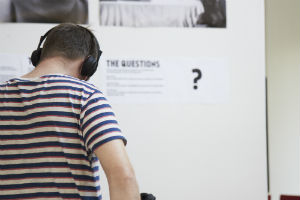
PhD student Sandra Lori Petersen from University of Copenhagen was one of the participants, and also one of the organizers, of the Ethnography Workshop. Together with a couple of PhD colleagues, she runs the Mediaethnography Group with the aim of finding new ways of approaching field work and data collection, rather than just sticking to the linear methods that often are conveyed in academia.
“When we heard that Jo Tacchi and S. Elizabeth Bird were coming to the festival, we saw the opportunity to discuss different questions we have with experienced scholars and role models in our field. Then we decided to invite Annette Markham too,” says Sandra.
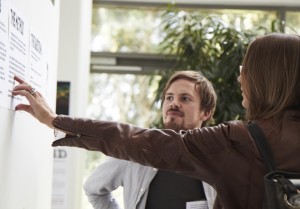
The discussions going back and forth between the three keynotes and the participants in the workshop room revolve around the insecurities of data collection and how you can allow yourself to use your material.
“You can say ‘I’m doing all these things, using these methods’, as long as you can stand by it. You have to take the authority,” says Elizabeth Bird.
Annette Markham adds, “Allow yourself to have multiple methods!”
Sandra gives some final remarks after the workshop.
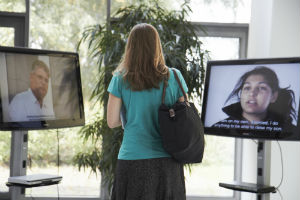
”Academia traditionally holds a very linear approach to research, but the truth is that the data we collect often stands out in many different directions. You can benefit from that, but then you need to be able to stand by your methods.”
Morten Clausen and Tue Lindqvist, who also attended the workshop, are freelance practitioners, working with participatory video. Earlier the same morning they were setting up the video installation Free Living in the entrance of Orkanen. Six iPads with attached earphones are resting on a table; each one of them showing a participatory short film from Freetown, Sierra Leone.
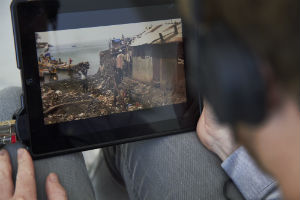 “A friend of ours told us about the festival, and it seemed like a good opportunity for us,” says Morten.
“A friend of ours told us about the festival, and it seemed like a good opportunity for us,” says Morten.
“We also caught interest in the Ethnography Workshop. Although we are practitioners, it’s really useful to learn about methods that stem from the academic field. It helps us structure our work and gives inspiration.”
The video exhibition at the festival featured four different projects and offered ideas of how you can work with film in communication for development projects.
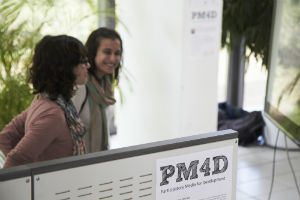
The 30 min long film Bello essere Habesha deals with the identity of Eritrean and Ethiopian people who live in Bologna, Italy; Patricia Santo’s montage of participatory videos introduces the visions of nine Bajo women in Wakatobi, Indonesia; and a series of short films approached the controversial title How Do You Become a Successful Beggar in Sweden?
 New PhD opportunities at the University of Leicester
New PhD opportunities at the University of Leicester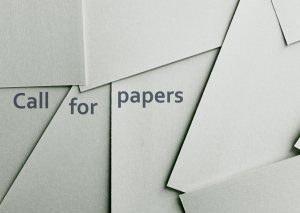 Call for Abstracts: New Directions in Media, Communication and Sociology (NDiMS) Conference
Call for Abstracts: New Directions in Media, Communication and Sociology (NDiMS) Conference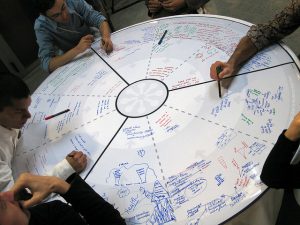 Ørecomm Team to Gather at the University of Coimbra
Ørecomm Team to Gather at the University of Coimbra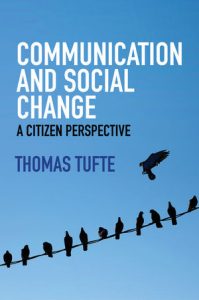 “Communication and Social Change – A Citizen Perspective” Published
“Communication and Social Change – A Citizen Perspective” Published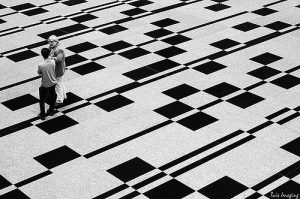 C4D Network to Sum Up Global Communication for Development Practice
C4D Network to Sum Up Global Communication for Development Practice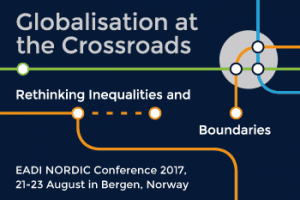 Entering Media and Communication into Development Conferences?
Entering Media and Communication into Development Conferences?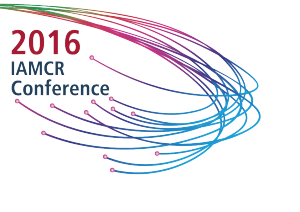 IAMCR Conference 2016: Communication for Development Highlights
IAMCR Conference 2016: Communication for Development Highlights Glocal Classroom Revisited – Storytelling & Social Change Leicester-Malmö
Glocal Classroom Revisited – Storytelling & Social Change Leicester-Malmö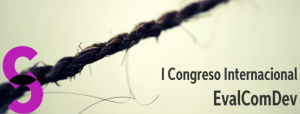 I EvalComDev International Conference: Call for Papers
I EvalComDev International Conference: Call for Papers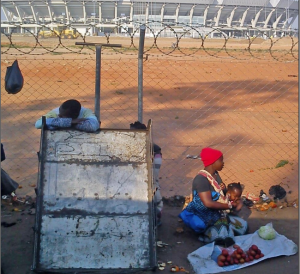 Looking for Media and Communication in Development Conferences: Devres 2016
Looking for Media and Communication in Development Conferences: Devres 2016